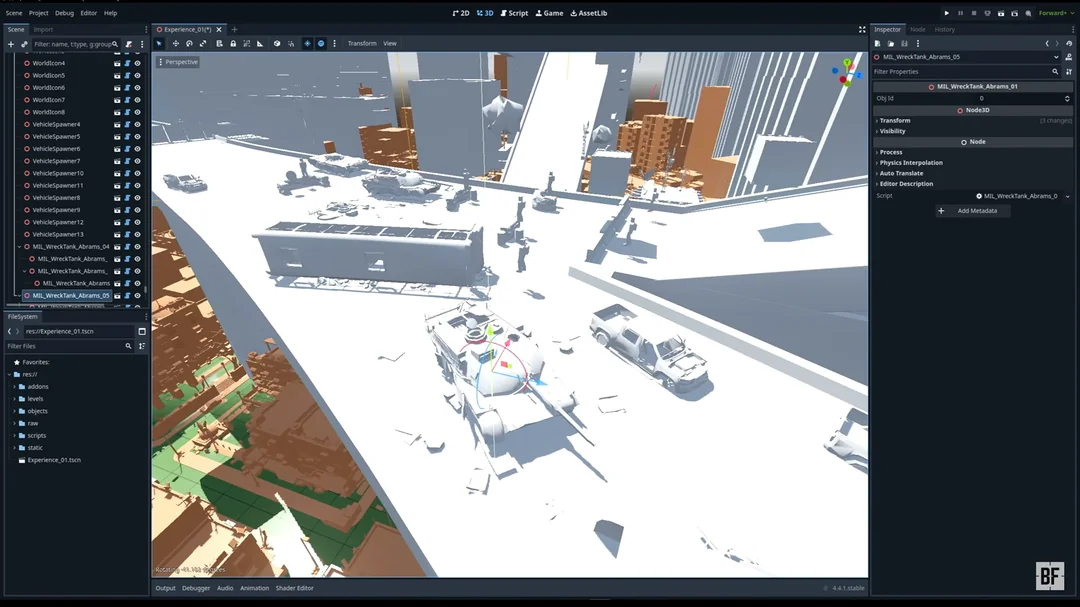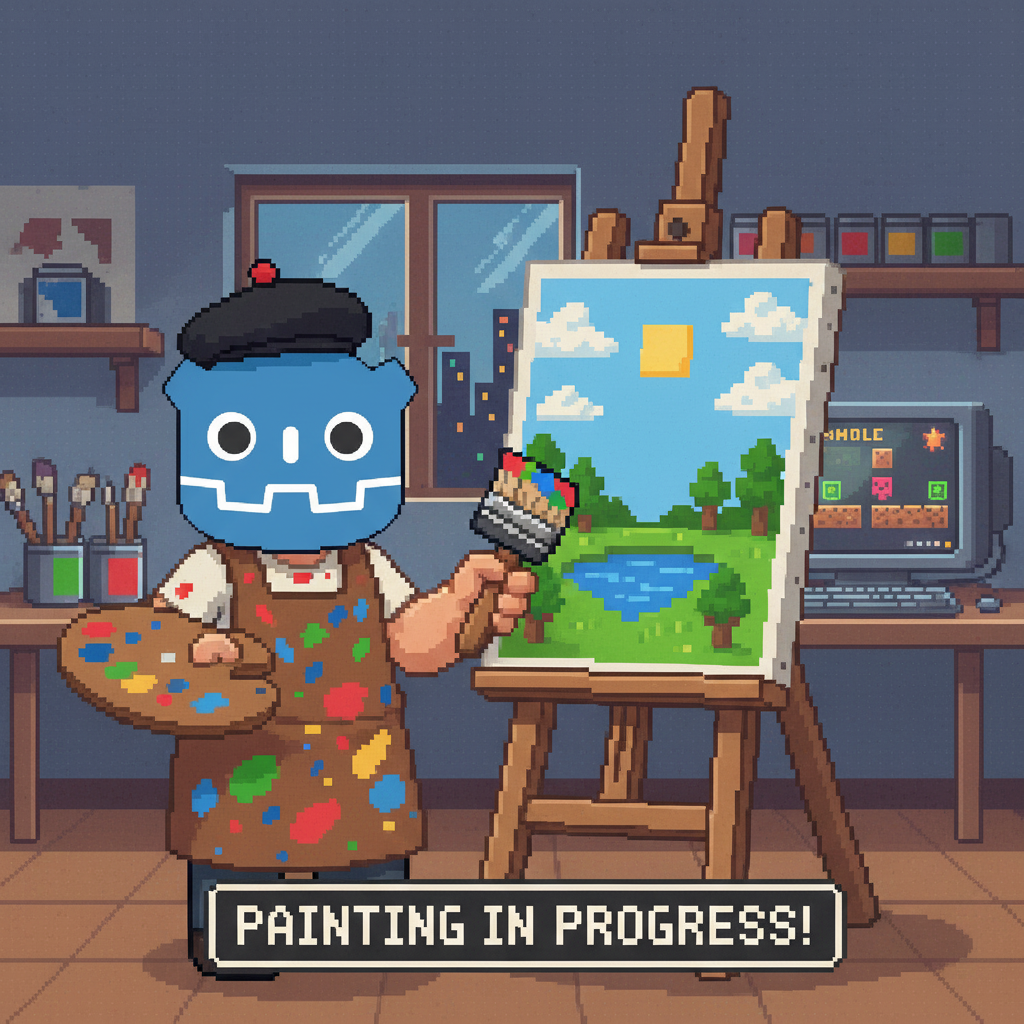Battlefield 6 Embraces Godot Engine for Portal Mode: A Game-Changing Move for Open Source

In an unprecedented move that has sent shockwaves through the gaming industry, Electronic Arts (EA) has integrated the Godot Engine into Battlefield 6’s innovative Portal mode. This decision represents a monumental shift towards embracing open-source tools in mainstream AAA game development, and the implications are far-reaching for both developers and players alike.
The Portal Revolution
Battlefield 6’s Portal mode builds upon the foundation established in Battlefield 2042, but with a crucial difference: it’s powered by Godot Engine. This mode empowers players to create, customize, and share their own game experiences, from custom maps to entirely new game modes. The choice to use Godot for this feature demonstrates EA’s commitment to fostering creativity within their gaming ecosystem.
“I’m like 90% sure it’s purely used as a stager for custom maps… That said, I was sort of shocked to see it being used here lol.” - Reddit user reaction
Why Godot Makes Perfect Sense
The decision to utilize Godot Engine for Portal mode isn’t just surprising—it’s brilliant. Here’s why:
1. Accessibility First
Godot’s user-friendly interface and intuitive design make it perfect for players who want to create content without the steep learning curve of more complex engines. This democratizes content creation, allowing a broader spectrum of players to contribute meaningfully to the game’s ecosystem.
2. Lightweight Architecture
Godot’s efficient, lightweight design ensures that Portal mode runs smoothly without bloating the main game. This modular approach allows for seamless integration while maintaining optimal performance.
3. Open Source Flexibility
Being open-source, Godot can be customized and adapted to EA’s specific needs without licensing constraints. This flexibility enables developers to implement unique features tailored specifically for the Battlefield experience.
Industry Impact and Recognition
The gaming community’s response has been overwhelmingly positive, with developers and players alike recognizing the potential this integration brings. Even Tim Sweeney, CEO of Epic Games and creator of Unreal Engine, has taken notice, stating that he is “watching closely” as EA leverages Godot for user-generated content.
This endorsement from one of the industry’s most influential figures speaks volumes about the significance of this move. It suggests that we might be witnessing the beginning of a new era where open-source engines gain mainstream acceptance in AAA development.
Technical Brilliance Behind the Scenes
The integration showcases a sophisticated approach to game development where different engines serve different purposes within the same title. While the main Bf (Battlefield) 6 game runs on EA’s proprietary Frostbite engine, Portal mode leverages Godot’s strengths in:
- Rapid prototyping capabilities
- Efficient scripting systems
- Community-friendly development tools
- Cross-platform compatibility
What This Means for Godot’s Future
This collaboration represents a massive validation for the Godot project and the open-source game development community. When a major publisher like EA chooses your engine for a flagship title, it sends a clear message about the engine’s maturity and capabilities.
For Godot developers and enthusiasts, this integration provides:
- Increased visibility and credibility
- Potential for more industry adoptions
- Enhanced community growth
- Validation of open-source development models
A Glimpse into the Future
You can see Battlefield 6’s Portal mode in action in the official multiplayer gameplay reveal:
Watch the official Battlefield 6 multiplayer reveal showcasing the Portal mode powered by Godot Engine
The Broader Implications
This move by EA could catalyze a broader industry trend towards:
- Hybrid engine approaches - Using specialized engines for specific game components
- Open-source integration - Major studios embracing community-driven tools
- Democratized content creation - Making game development tools more accessible
- Collaborative development models - Fostering stronger connections between studios and communities
Conclusion
EA’s decision to integrate Godot Engine into Battlefield 6’s Portal mode is more than just a technical choice—it’s a statement about the future of game development. By embracing open-source tools, EA is not only enhancing their own product but also contributing to the growth and legitimacy of the entire open-source gaming ecosystem.
This partnership between one of gaming’s biggest publishers and one of its most promising open-source engines sets a precedent that could reshape how we think about game development. As we move forward, this collaboration may well be remembered as the moment when open-source truly entered the mainstream gaming consciousness.
For Godot enthusiasts and game developers everywhere, this is more than just news—it’s validation that the future of game development is more open, accessible, and collaborative than ever before.
What do you think about EA’s decision to use Godot for Portal mode? Share your thoughts in the comments below and let’s discuss how this might influence other major studios to embrace open-source solutions.
